Dual Ec(h)o of Rome: Rome’s Top Magical Dinner Spots
Rome isn’t just about a gorgeous breakfast spread! After talking about the most important meal of the day - Breakfast, it’s time to dive into the dinner scene, where curious restaurants and unforgettable flavors await around every corner. Imagine having a great espresso and a sweet cornetto for breakfast, then taking a walk through Rome’s narrow


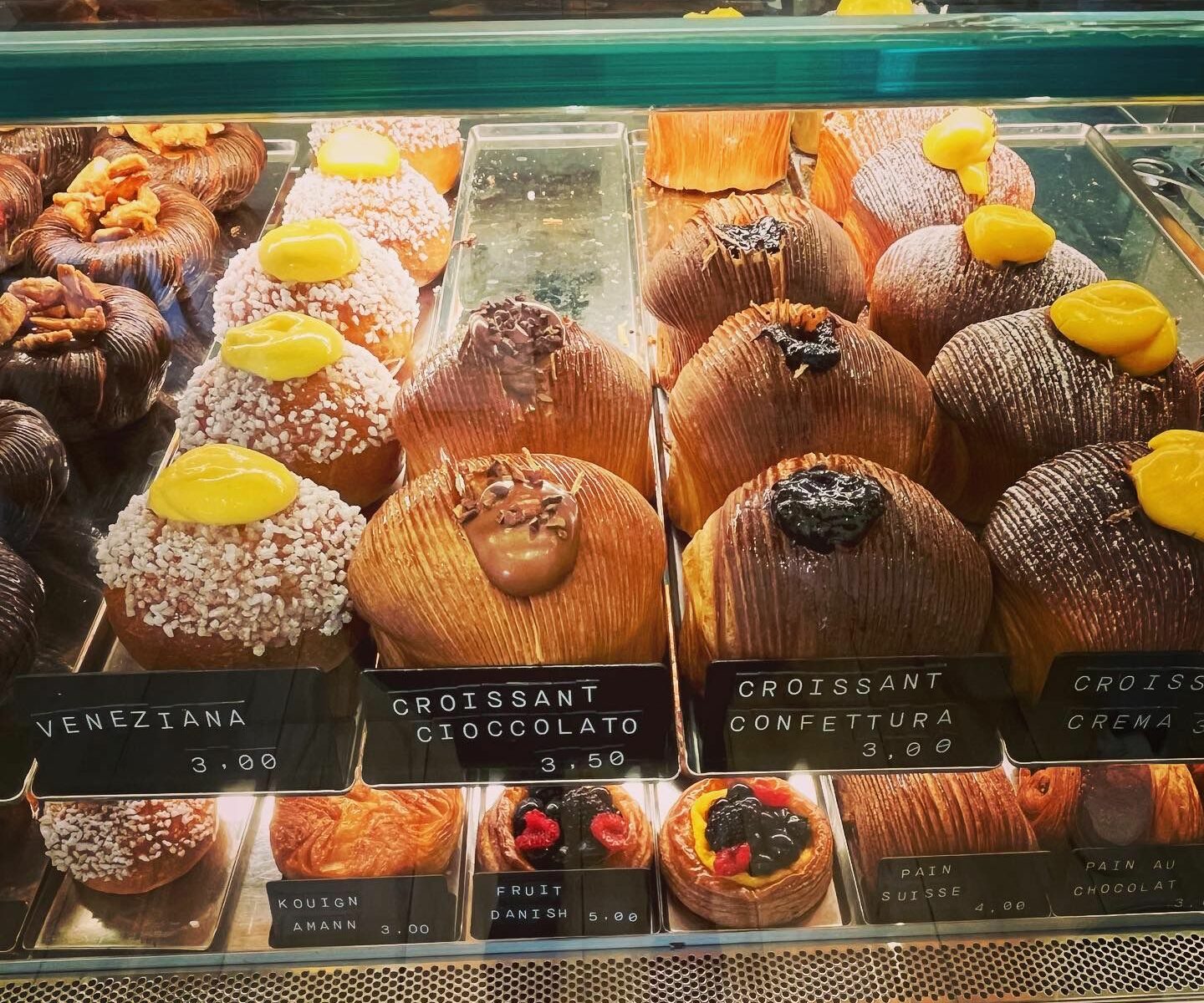
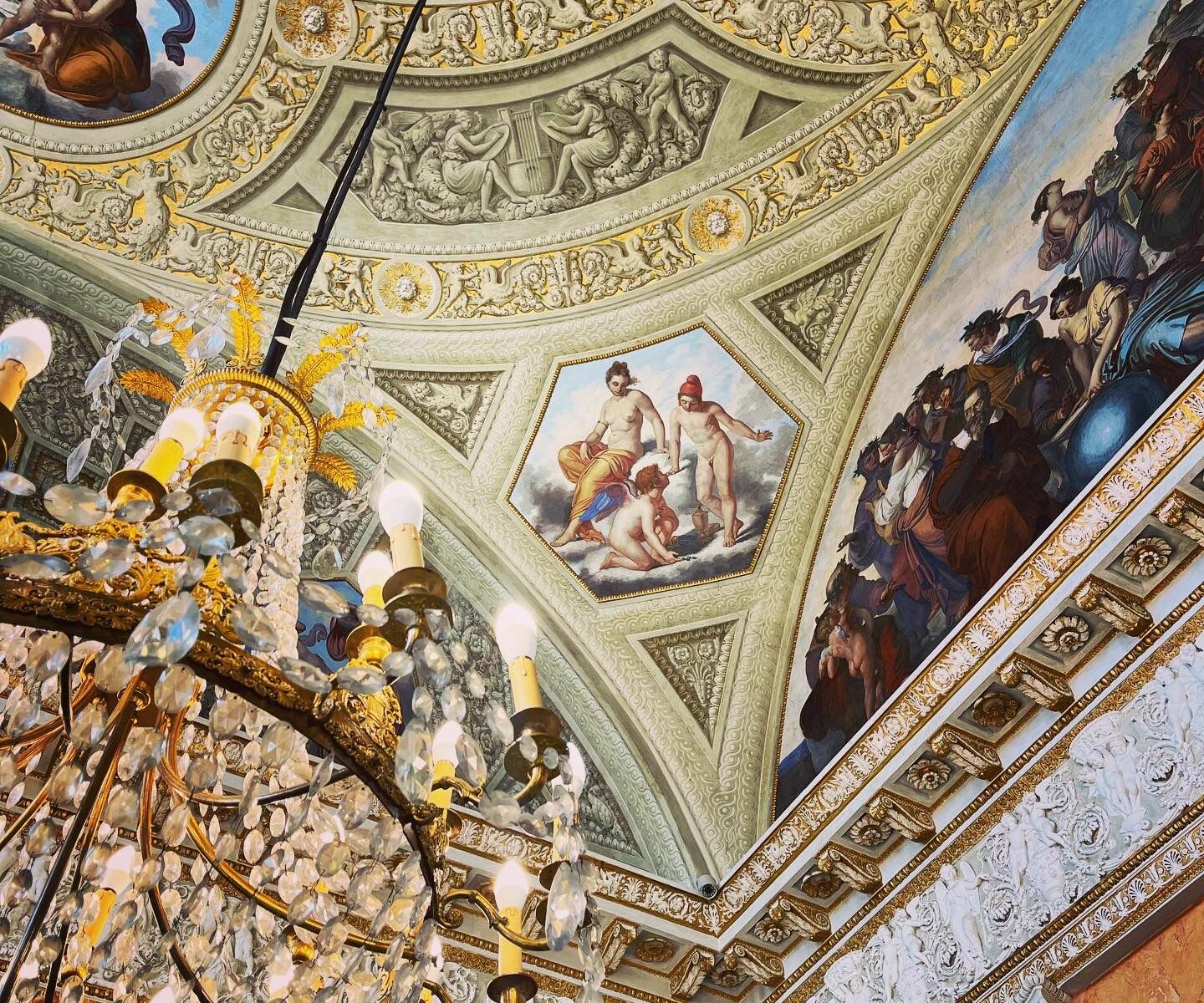
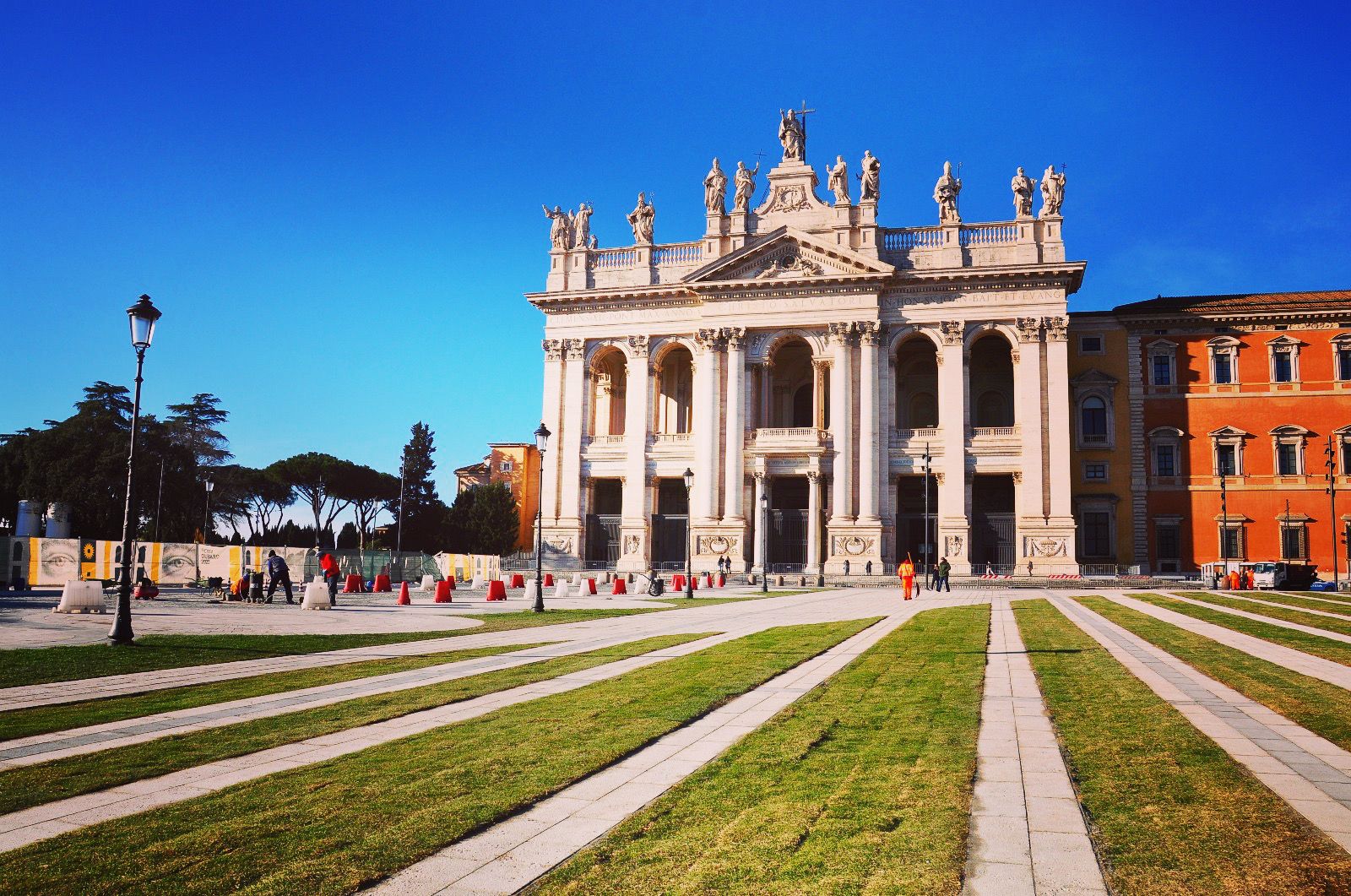
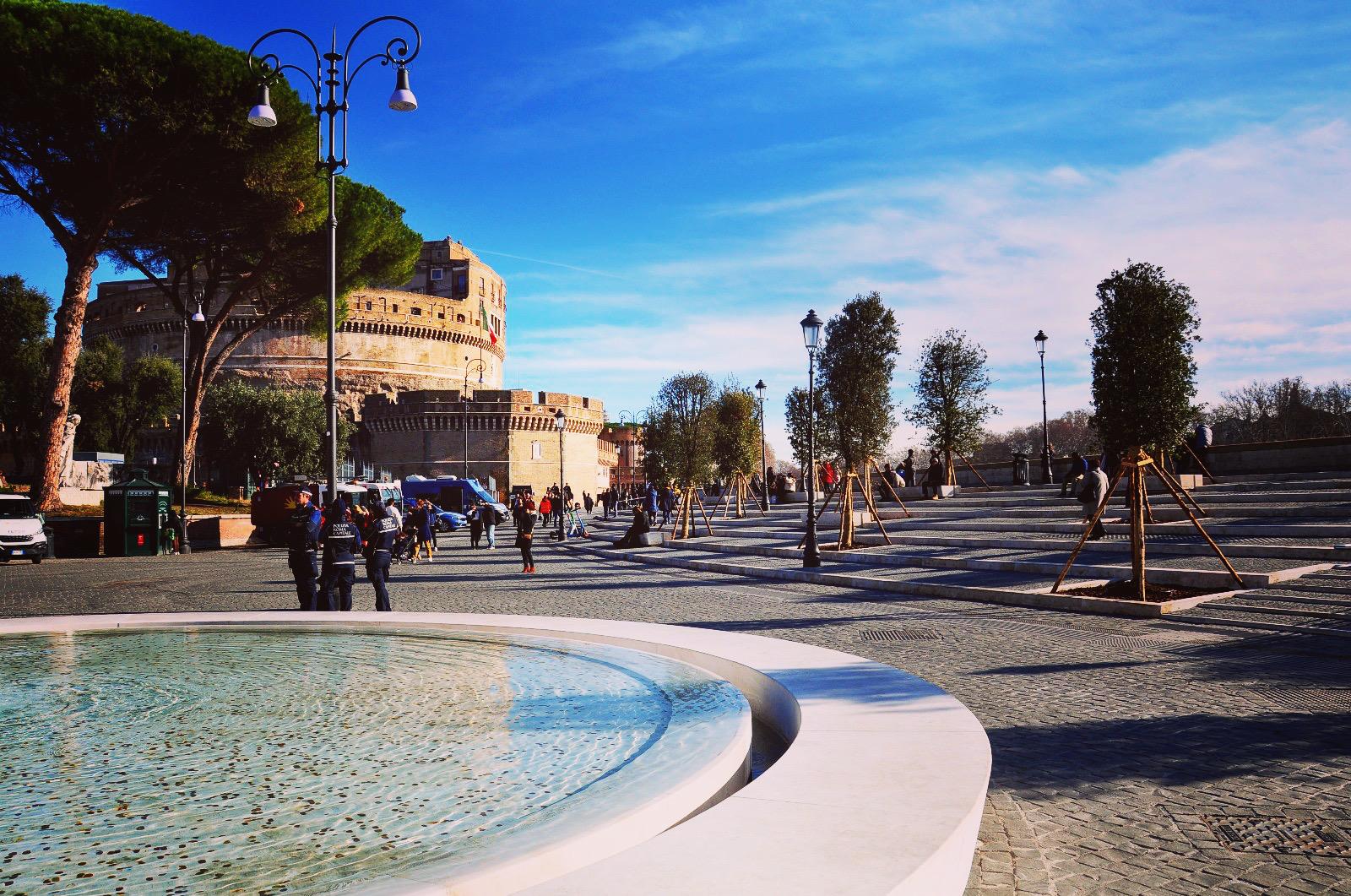
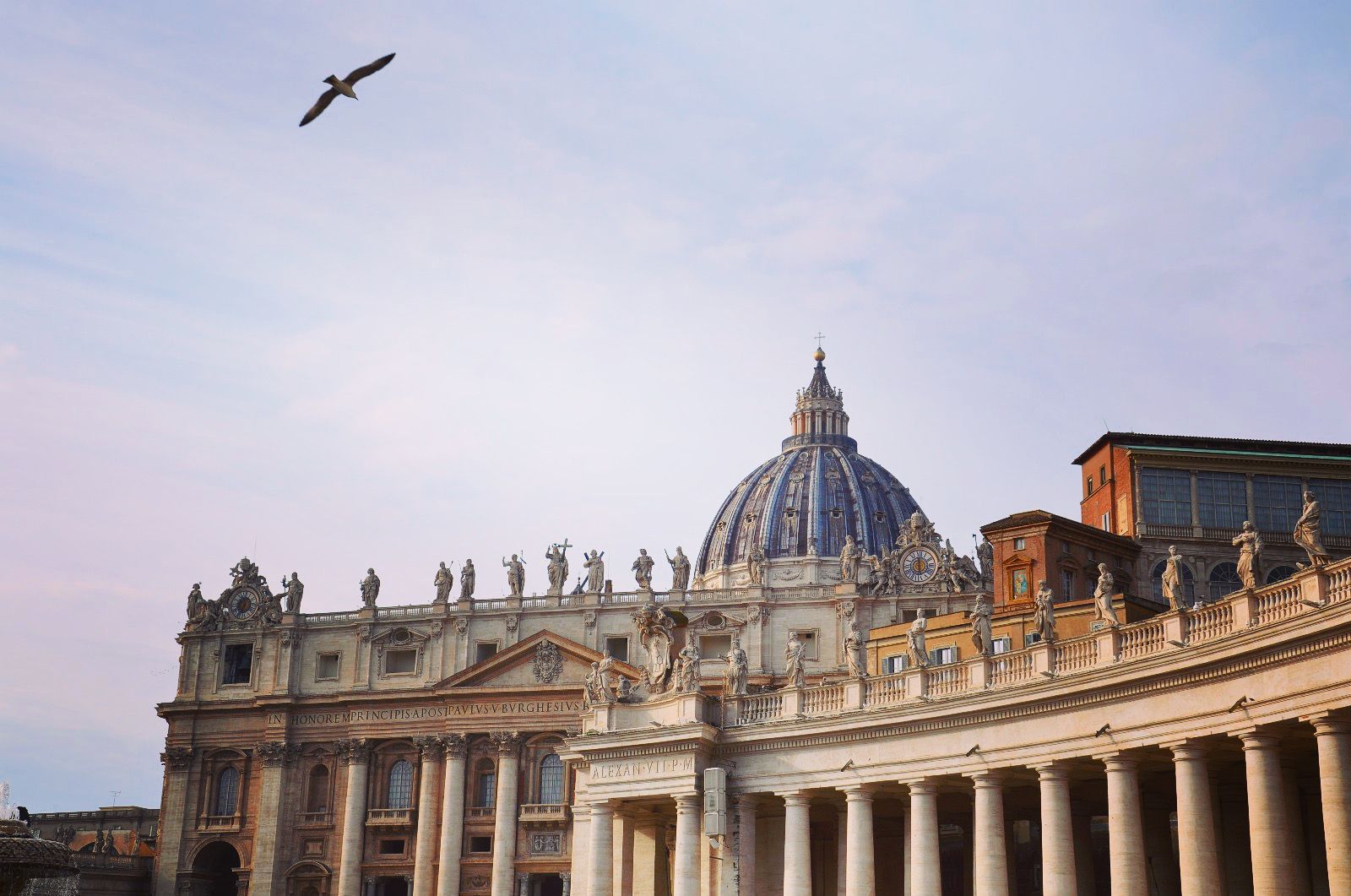
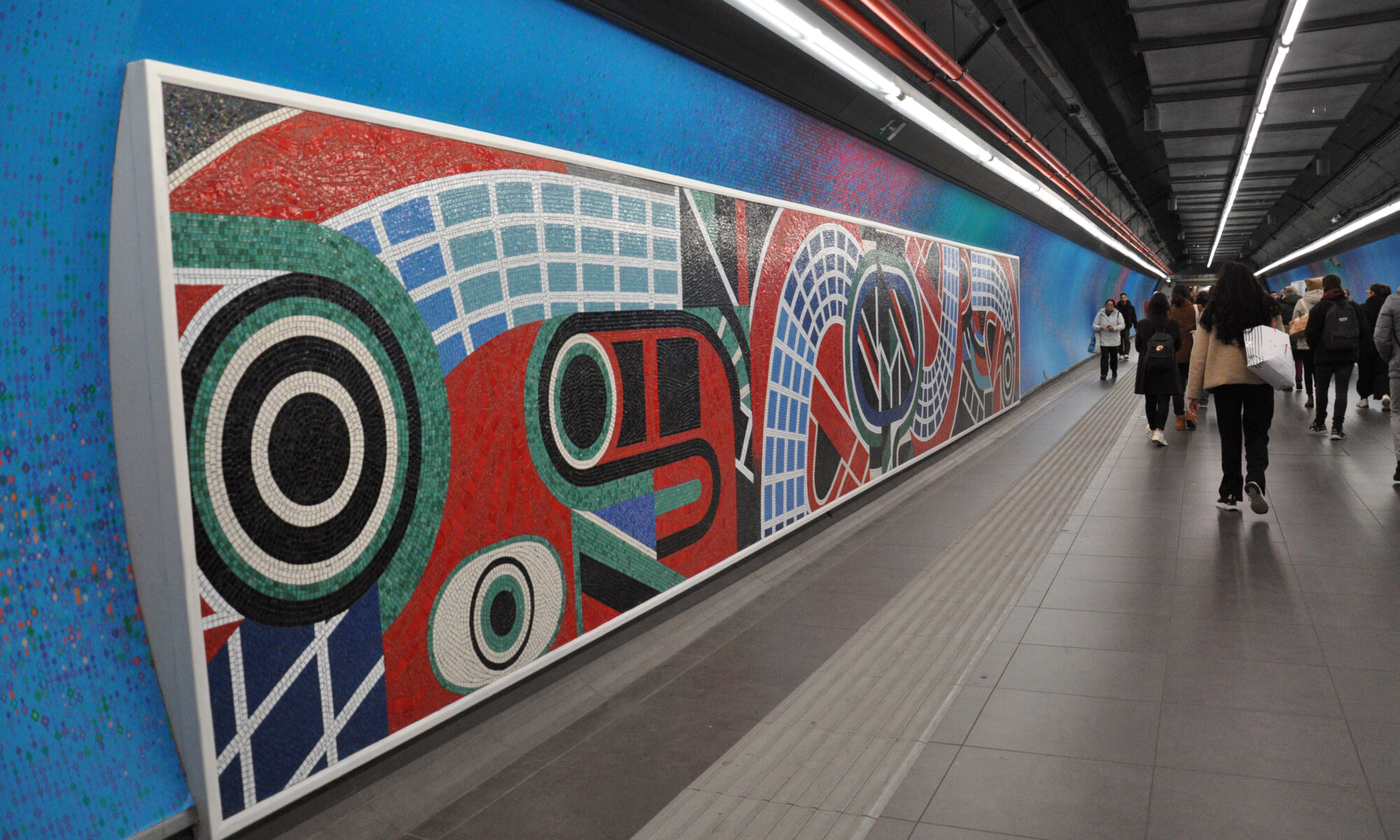
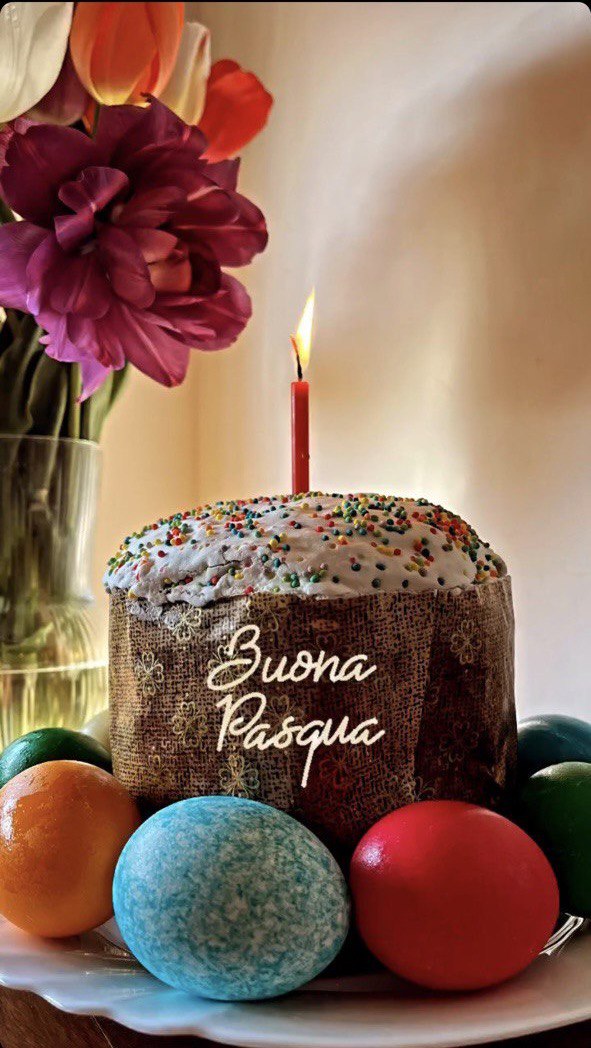
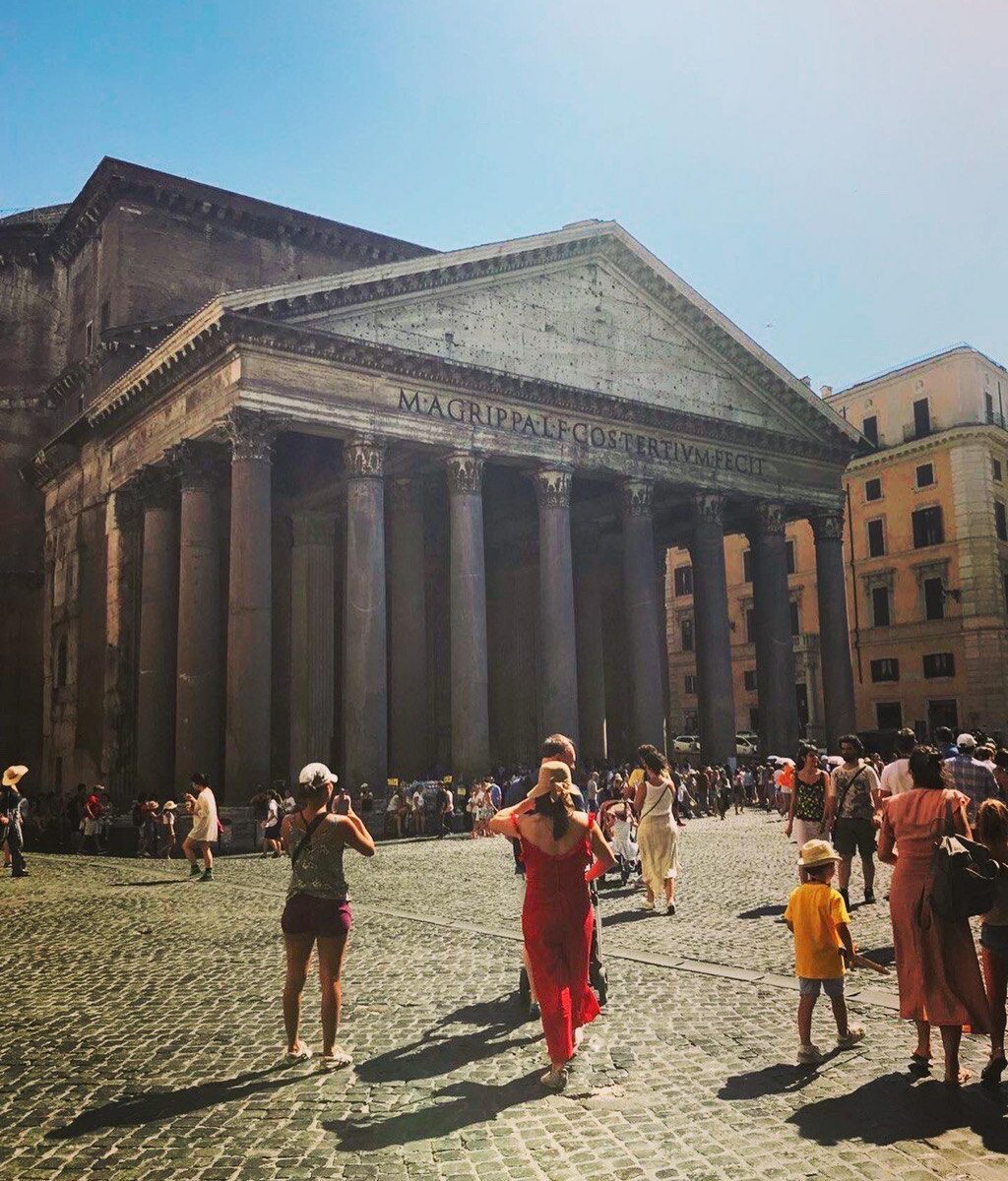
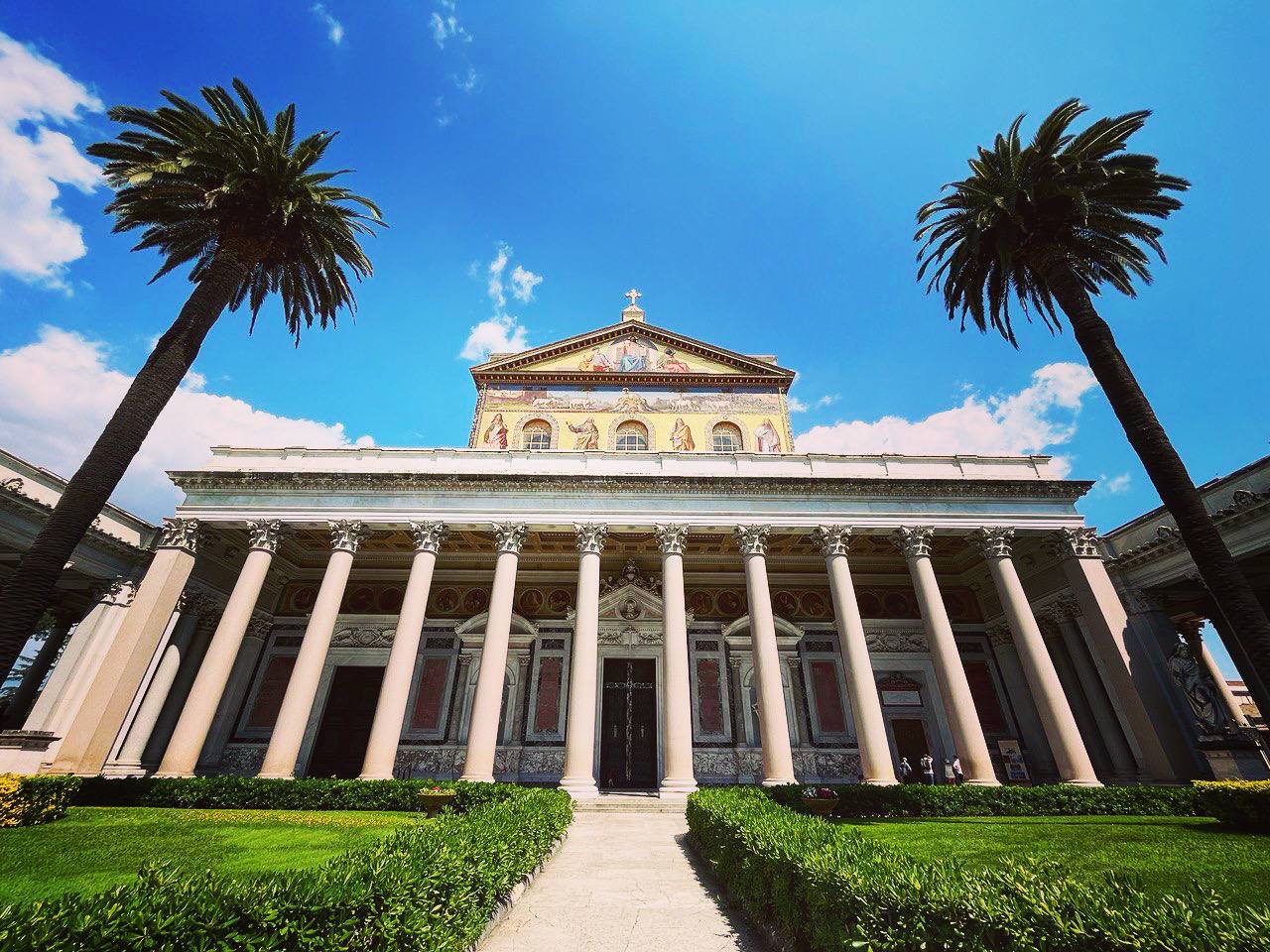
Recent Comments